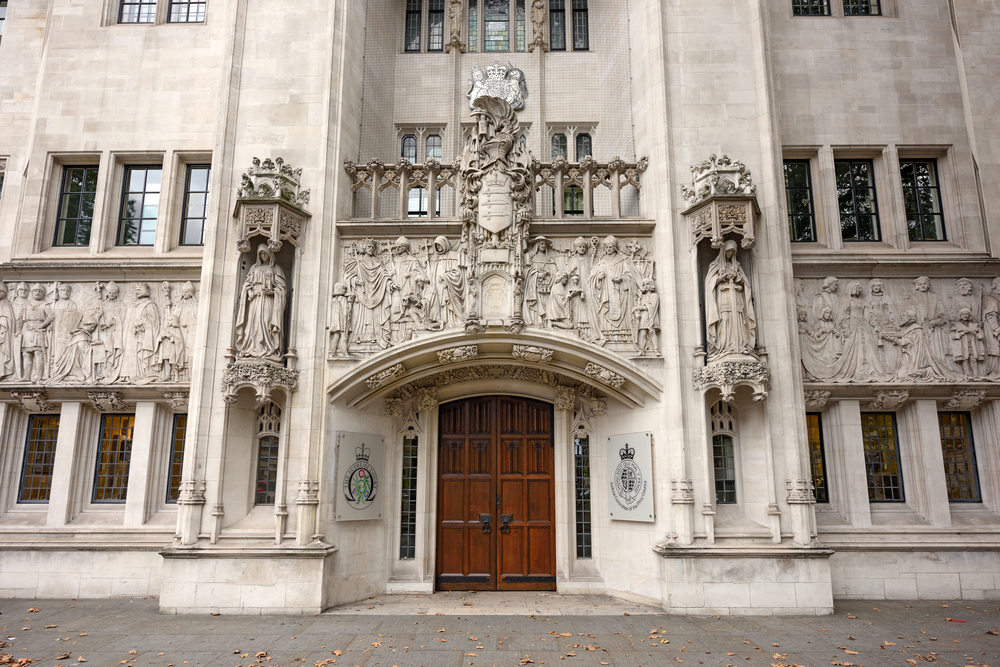News
Pension ruling could benefit millions of unmarried couples

An unmarried woman has won the right to her late partner’s occupational pension – in a landmark ruling which could impact millions of co-habiting couples.
Denise Brewster of Coleraine, Northern Ireland, had lived with her partner, William McMullan, for around a decade before he died suddenly at Christmas time in 2009. At the time, Brewster believed she had been nominated on his occupational pension scheme form to receive the benefits in case of his death.
But she had not been nominated and the Northern Ireland Local Government Pension Scheme refused to pay the ‘survivor’s pension’ benefit.
Brewster challenged this decision and today the Supreme Court upheld her complaint that she was unlawfully discriminated against because the couple were co-habiting and not married.
In England, Wales and Scotland, co-habiting couples paying into occupational schemes do not need to fill out the nomination form so today’s judgment brings Northern Ireland’s law into line with the rest of the UK.
Brewster’s solicitor, Gareth Mitchell of law firm Deighton Pierce Glynn said: “Denying bereaved cohabitees access to survivor pensions causes huge distress and financial hardship. Now that around one in six families in the UK are cohabiting families, reform is long overdue.
“The decision has significant implications for millions of cohabitees in relation to pension benefits. It also lays down the approach to be adopted when considering complaints of discrimination on the grounds of marital status in other areas.”
The solicitor said the rule which the Supreme Court has declared was unlawful is found in most of the UK’s public sector pension schemes, of which there are around 12 million members. It is also found in many defined benefit pension schemes in the private sector, of which there are around 11 million members.
Jon Greer, Old Mutual Wealth pension expert, said this judgment highlights the need for pension scheme members to check their forms.
“Always check the scheme provisions, as there will be qualifying conditions that apply to survivors’ pensions particularly for co-habiting partners. While it is fairly standard for a spouse to benefit automatically on the member’s death, other family members may not and could be left short-changed if they work on the assumption that they will receive benefits. There are lots of example where this could be damaging, not only in a financial sense, but also to the relationships between surviving family members.
“And the same rule of thumb applies to defined contribution members too. Never assume your pension will naturally pass to the most obvious person from your point of view. Often the recipient of the death benefit will be at the discretion of the scheme. It is imperative that you make your wishes known by completing an expression of wish. Failing to nominate your preferred beneficiary can lead to discord after your death and mean extra hassle and possibly unnecessary tax for family members.”